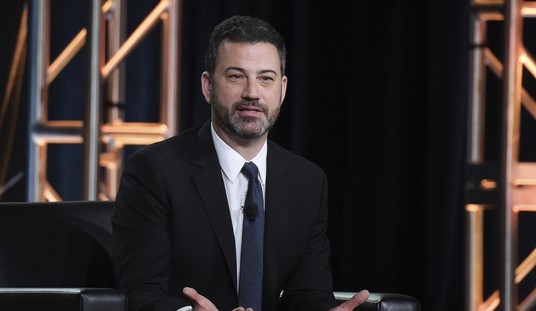In the wake of the interview with professor, evolutionary biologist, and noted atheist Richard Dawkins on the British talk station LBC, people may begin to wonder if Dawkins has "seen the light" and is in the process, however subconsciously, of changing his worldview. Most Christians are probably not holding out for a change of heart, although a few may see a glimmer of hope in the interview, which you may watch in its entirety below:
I don't think Dawkins is interested in converting to Christianity. And while this may smack of heresy and anathema to some, I don't believe anyone has any business trying to change his mind. Whether we want to believe it or not, most people come to Christ when or if their time arrives. Christians of all stripes will rightfully sing the praises of C.S. Lewis. What most people tend to forget is that Lewis himself was an atheist for most of his life and mentioned on more than one occasion that he only converted when he realized on his own terms that he had no other option than to believe. J.R.R. Tolkien, of all people, spent a great deal of time talking to Lewis about the matter of Christianity, but Lewis had to have that moment in which all of the pieces fell into place. Whether or not that ever happens for Dawkins is up to Dawkins.
Dawkins, one should note, is not lamenting the loss of Christianity itself but rather the disappearance of cultural Christianity. Dawkins sees the appeal of cathedrals and hymns, even if he disparages the faith behind them. While he opposes the concept of a supreme being, he finds that Christianity, despite his strident objections to it and the myriad of flaws its followers have exhibited over history, is preferable to Islam. Cultural Christianity, Dawkins asserts, is better than cultural Islam.
Related: Is the Culture Targeting the Orthodox Church?
The overarching problem is that one cannot be successful with cultural Christianity without having actual Christianity. One can advocate in the strictest terms that the Genesis account of creation is factually accurate and that to believe otherwise is tantamount to apostasy. But if one argues solely for the biblical account of creation while ignoring the fact that the Fall was the result of human greed and narcissism, one has missed the point of the story. One can get teary-eyed over a rendition of "Silent Night" in a candle-filled church on Christmas Eve. Likewise, one may offer up mounds of evidence that the Resurrection occurred. But, if one does not realize that the atonement is necessary because humans continue to engage in the behavior that got them evicted from Eden in the first place, then one ignores the meaning behind the Resurrection. One fails to acknowledge and wrestle with one's own sins. And at that point, the Bible might as well be a work of fiction, as Dawkins and his colleagues suggest. A Christian culture is not dependent on architecture, songs, or even words. "Mountaintop moments" are not guaranteed in real life. As a priest and mentor once said, faith is often like hiking with blisters.
This is not to say that Christians have always been successful at meeting the mandates of faith. None of us has, including your humble correspondent. But we should aspire to success. We should continue the struggle. Cultural Christianity should never supplant Christ.
Take, for example, last week's kerfuffle over the phrase "Christ is king." YouTube, various podcasts, and their comment sections were crammed to the gills with indignant believers who were offended that someone might see a problem with the potential misuse of that phrase. Yes, as Christians, we believe that Christ is king. But we must also recognize that there are people who hijack those words for nefarious purposes. You can see an example of this in an excerpt from a speech by Nic Fuentes. You can see Fuentes’ rant here. You are welcome to watch the whole thing if you wish, but for the sake of expediency, scroll to 13:07 for the pertinent segment.
If we can sit through Fuentes saying, “That’s a long way of saying I love Hitler,” and then listen to the crowd cheer and chant “Christ is king,” and contend that the context of the words does not matter and that the character of those chanting the words does not matter, then we are at risk of valuing the words over Christ himself. If the words, the songs, the architecture, and the emotion matter more than the man, Christ may still be king, but we will not be loyal subjects. And we may find ourselves engaging in the very behavior that fuels the arguments of many atheists.
Cultural Christianity is easy to replace. Actual Christianity is not.










Join the conversation as a VIP Member